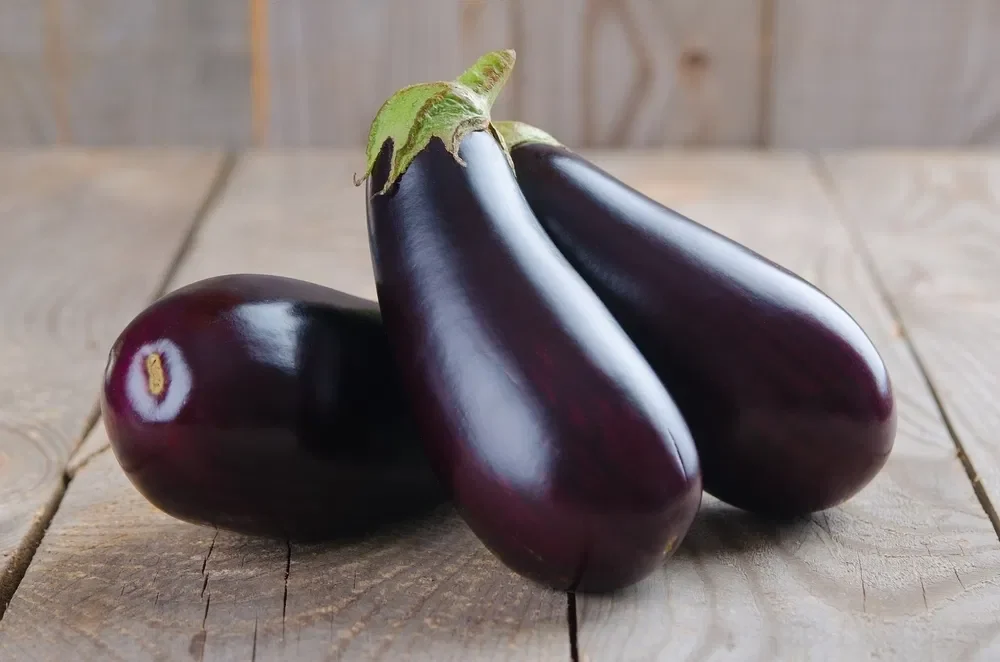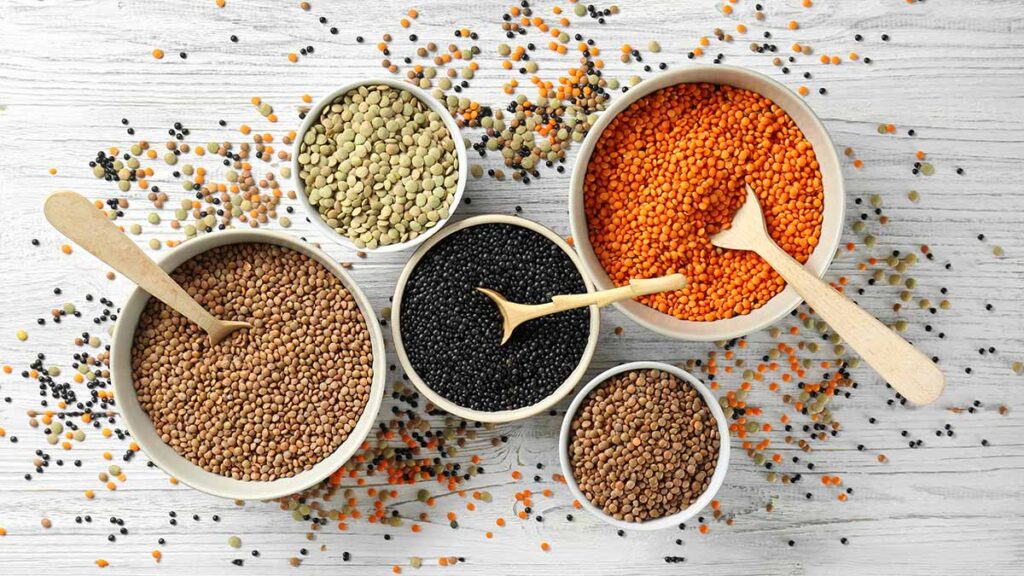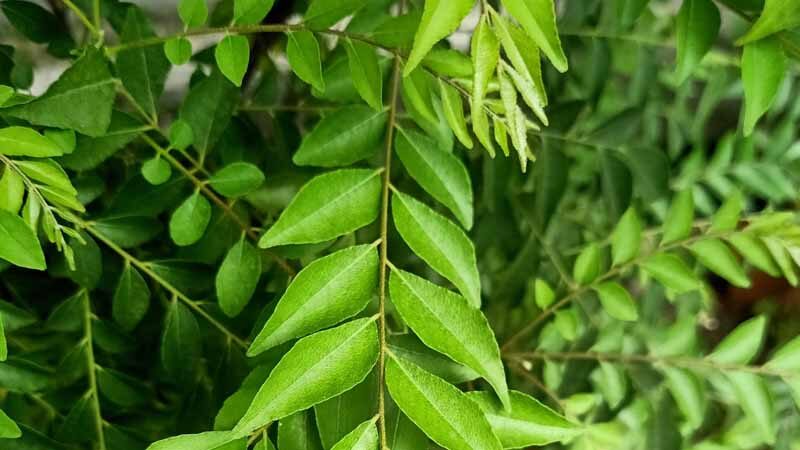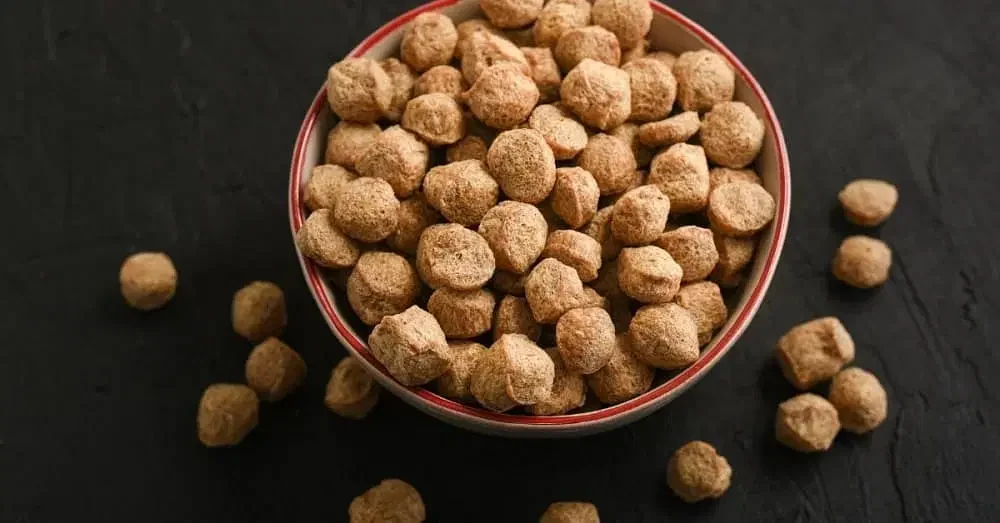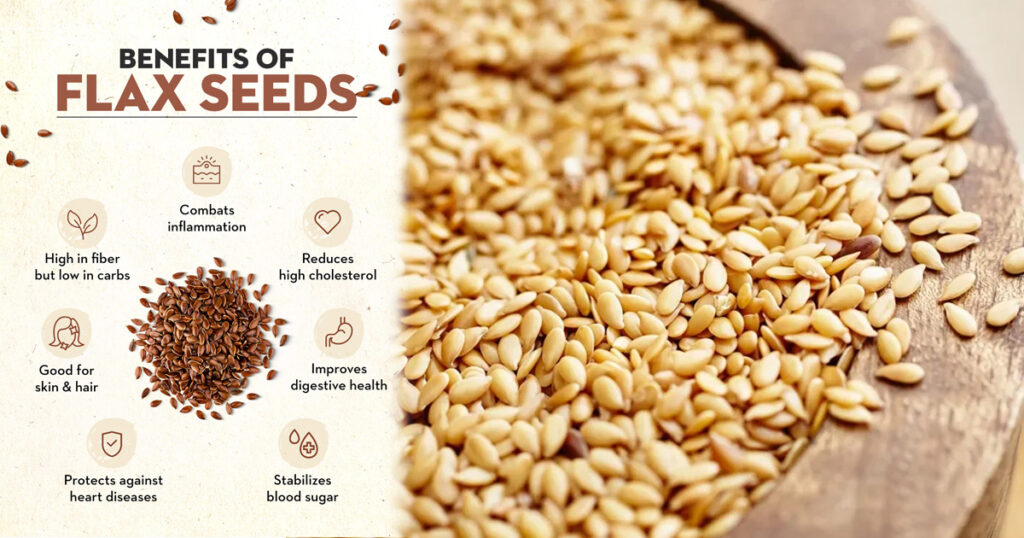Brinjal, also known as eggplant, aubergine, or vankaya (వంకాయ in Telugu), is a versatile vegetable that belongs to the nightshade family (Solanaceae), which also includes tomatoes and potatoes. Though technically a fruit (a berry), it is used as a vegetable in culinary practices worldwide.
🧪 Nutritional Profile (Per 100g of raw brinjal)
| Nutrient | Amount |
|---|---|
| Energy | 25 kcal |
| Carbohydrates | 5.9 g |
| Protein | 1.0 g |
| Fat | 0.2 g |
| Dietary Fiber | 3.0 g |
| Vitamin C | 2.2 mg |
| Vitamin K | 3.5 µg |
| Folate (B9) | 22 µg |
| Vitamin B6 | 0.08 mg |
| Potassium | 230 mg |
| Manganese | 0.25 mg |
| Magnesium | 14 mg |
| Phosphorus | 24 mg |
| Iron | 0.23 mg |
| Calcium | 9 mg |
Note: Nutritional values can vary slightly depending on the variety and cooking method.
Health Benefits of Brinjal
1. Supports Heart Health
- Contains anthocyanins (especially nasunin) that act as antioxidants and protect heart tissues.
- The fiber and potassium content help regulate blood pressure and cholesterol.
2. Aids in Weight Management
- Low in calories and high in fiber, brinjal provides satiety and reduces hunger pangs.
- Water-rich structure helps hydration and digestion.
3. Boosts Brain Function
- Nasunin, a potent antioxidant in brinjal skin, protects brain cell membranes from damage.
- Aids in preventing oxidative stress in the nervous system.
4. Improves Digestive Health
- Rich in dietary fiber, it supports regular bowel movements and gut health.
- Promotes the growth of good gut bacteria.
5. May Help Regulate Blood Sugar
- Polyphenols in brinjal can reduce glucose absorption and improve insulin sensitivity.
- Ideal for diabetic-friendly diets when cooked with minimal oil.
6. Supports Bone Health
- Contains manganese, vitamin K, and calcium which contribute to bone strength.
- Useful for postmenopausal women and elderly for preventing osteoporosis.
7. Rich in Antioxidants
- Purple skin contains anthocyanins and chlorogenic acid, both powerful antioxidants that:
- Fight free radicals
- Prevent cell aging
- Lower risk of cancer
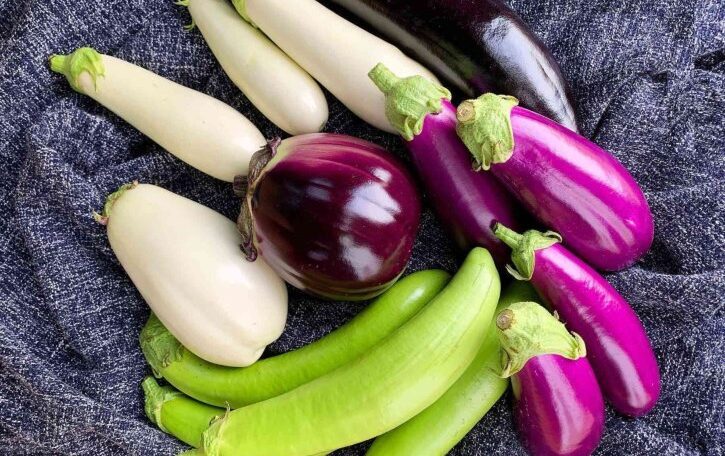
Popular Varieties of Brinjal in India
| Variety Name | Region | Notable Feature |
|---|---|---|
| Bharta Baingan | North India | Large, used for roasting |
| Mattu Gulla | Karnataka | Sacred & GI tagged |
| Purple Long | South India | Slender & versatile |
| Round Green | Maharashtra | Mild flavor |
| Vankaya (వంకాయ) | Telugu States | Common in curries & fries |
Culinary Uses of Brinjal
- Baingan Bharta (roasted and mashed)
- Vankaya Pulusu (spicy tamarind curry)
- Stuffed Brinjal (Gutthi Vankaya)
- Eggplant Parmesan (Italian dish)
- Szechuan Eggplant (Asian stir fry)
- Brinjal Chips (crispy snack)
Cooking tip: Keep the skin intact while cooking to retain the antioxidants.
⚠️ Precautions
- Oxalate Content: May not be ideal for people with kidney stones.
- Allergic Reactions: Rare but possible in sensitive individuals.
- Nightshade Sensitivity: People with autoimmune conditions may react to nightshades.
📝 Summary
Brinjal is a nutrient-dense, low-calorie vegetable with wide culinary appeal and a range of health benefits, especially for heart, brain, and digestive health. It’s antioxidant-rich, supports weight loss, and fits well in diabetic and heart-friendly diets. Its diversity in shapes, sizes, and flavors makes it a staple across Indian kitchens and global cuisines.

